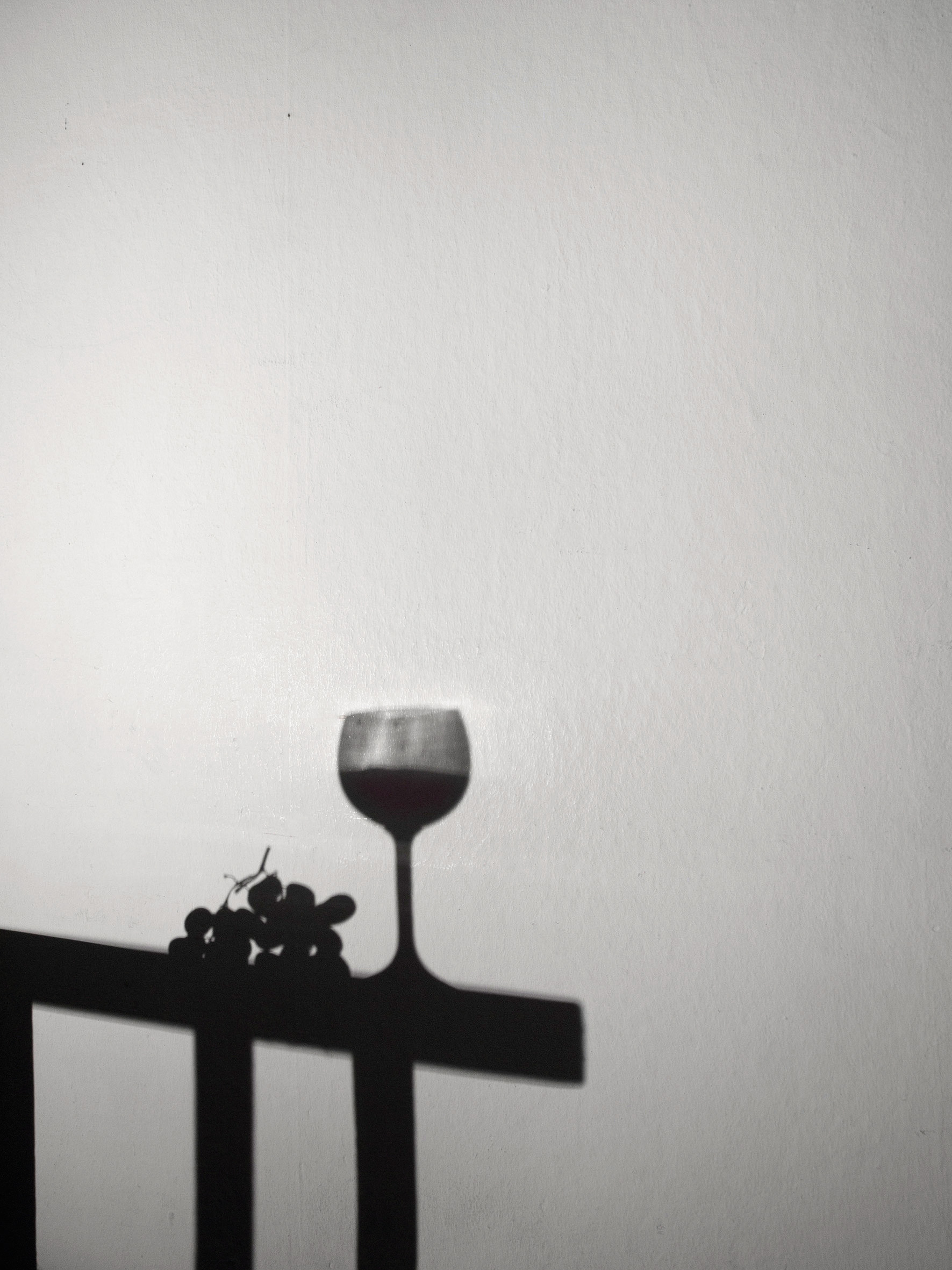
Before I found Furmint, the Hungarians I loved were mostly monochrome photographers. Perhaps because their language relates to no other in Europe (except, faintly, to Finnish), many émigrés took up cameras to communicate. André Kertesz, Brassaï and the great Robert Capa, who photographed the D-Day landings, all convey a chiaroscuro longing and loneliness that tells me something about the Hungary they’d lost – and something else about a place that eventually finds us all.
Another Hungarian, Béla Bartók, framed his wordless love letters differently, writing a concerto for his beloved, the violinist Stefi Geyer, laced with the folk music he had already begun preserving: it sings of their common roots as well as his passion. When she rejected him, he wrote a string quartet that contains a wistful remembrance of that earlier, happier music, along with something darker: “This is my funeral dirge,” he told her.
[See also: Why Beaujolais wine – like the region’s forgotten princess – is woefully underappreciated]
Intertwining darkness and light is what great musicians and photographers do, but winemakers too are adept at wringing something bright from murky times. Tokaji, the amazing blend of Hungarian white grapes Furmint and Hárslevelú, concentrated to sweet nectar by the botrytis fungus known as “noble rot”, was an 18th-century European craze before falling victim to vineyard pests, then war, Soviet mismanagement and now the global indifference to sweet wine, not to mention climate change: vineyards see noble rot more rarely as summers heat up and humidity drops. So the indomitable winemakers have begun making dry whites as well, giving us racy, peach-and-apricot Furmint and complex, perfumed Hárslevelú.
Every cloud has a silver lining, as the talented cellist and conductor Orlando Jopling noted when a pandemic-induced work drought enabled him to form a quartet with three musician friends, and create a series of musical events called The Raz Club, beginning with a virtual performance of Bartók’s lovelorn First String Quartet, a bittersweet choice for a difficult moment. Guests met online for music, goulash and drink: Orlando asked me to choose the wines.
[See also: Stuck in London due to Covid, I travel to Portugal via my imagination and my wine glass]
Goulash demands a dark treat: Bikavér, once known as Bull’s Blood, a rich red blend that suffered a reputational battering thanks to countless Soviet-era hangovers. Quality has risen sharply since the Berlin Wall fell, as wines such as St Andrea’s elegant, paprika-dusted Áldás demonstrate. Why Bull’s Blood? Probably an Ottoman-era reference to the wine-fuelled ferocity of the Hungarian warriors battling them, or perhaps those Ottomans believed that the locals really did ferment the contents of their livestock’s veins.
For gentler souls, I suggested a lighter red, Heimann’s Kékfrankos, an indigenous grape with cranberry acidity; and Patricius, a zippy dry Furmint. I’d have liked to add Orosz Gabor’s glorious Hárslevelú, but it’s £33.80.
The event was terrific, an unlikely but nourishing blend of good wine and chatter and the strains of unrequited love. “I have a sad misgiving that I shall never find any consolation in life save in music,” wrote the rejected Bartók, and that may have been true, but we are still consoled today. Even a funeral dirge accompanied by a war potion can offer comfort, if both are created with skill and passion. Silver linings require clouds: so do winemakers, and so do we.
This article appears in the 13 Jan 2021 issue of the New Statesman, American civil war






